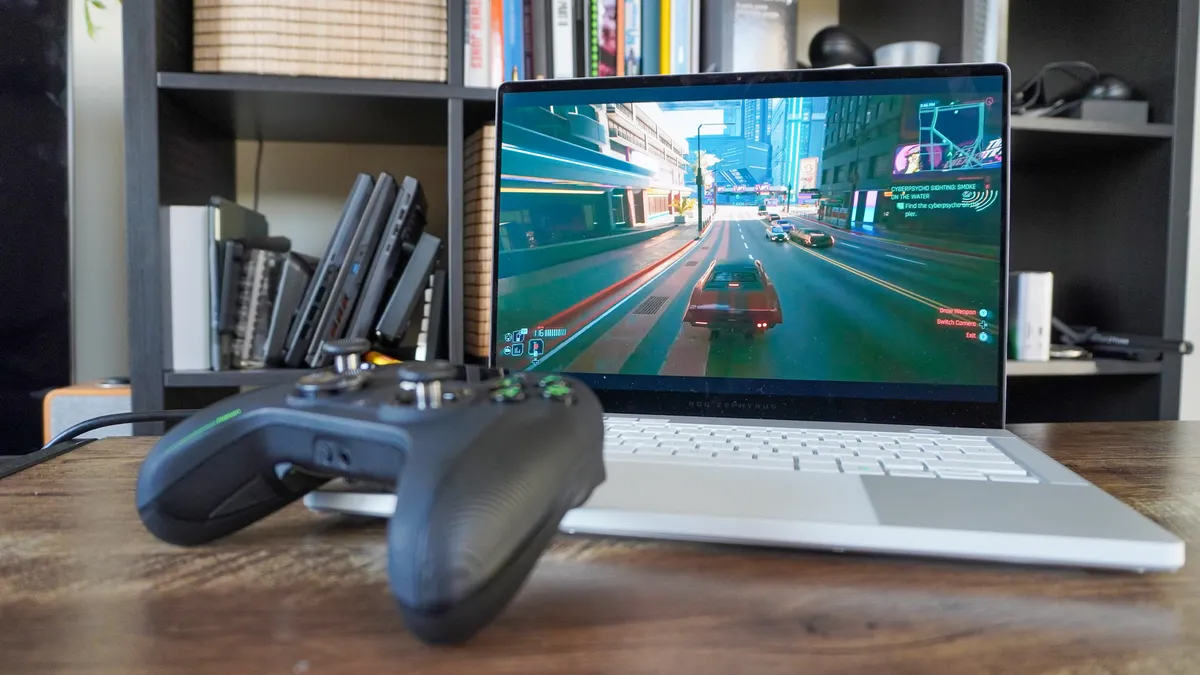Chrome for Android is finally going 64-bit — here’s why it matters
Chrome on Android is getting a security and performance boost thanks to this upgrade

Despite supporting 64-bit apps in Android for some six years, Google has only just made its Chrome browser on Android a 64-bit app.
Making the move from 32-bit to 64-bit architecture should boost the mobile browser’s performance and overall security, reported Android Police, which noticed the upgrade in the release logs for Chrome 85. But you’ll need to have Android 10 installed on your phone if you wish to benefit from the upgrade.
- These are the best Android antivirus apps you can download now
- Everything we know about iOS 14
- Plus: Galaxy M41's monster 6,800 mAh battery will smash iPhone SE
In the short term, you’re not likely to notice a vast boost in speed. But improving the overall performance and efficiency of Chrome for Android means the browser is ready for future 64-bit centric features and potential extensions. And a more efficient browser could help scrape a little more battery life out of your Android phone.
The reason for this boost in performance comes from most modern smartphones using chips with 64-bit architecture at their hearts. So having 64-bit apps helps improve the performance between the silicon and the software. With more bits to handle, 64-bit apps can deal with more data than 32-bit software, and that means smoother performance and potentially more capabilities.
More importantly, 64-bit browsers are more secure than their 32-bit counterparts. That’s because 64-bit programs have a much larger address space arranged randomly in memory. That means malware and hackers have a harder time guessing with in-memory location, thus making attacks that try to exploit a vulnerability in the software harder to execute. This is one of the reasons why the 64-bit versions of Windows are more secure than previous 32-bit versions.
Google is seemingly pushing out the beta Chrome 85 update to some Android users, though it’s unclear why they are getting it ahead of others. And there’s no way to prompt Android into updating Chrome to the latest beta version.
But everyone else can be content in the knowledge that the native Android browser is getting more efficient and secure. We just don’t know why it took Google so long to move to 64-bit architecture in the first place.
Get instant access to breaking news, the hottest reviews, great deals and helpful tips.

Roland Moore-Colyer a Managing Editor at Tom’s Guide with a focus on news, features and opinion articles. He often writes about gaming, phones, laptops and other bits of hardware; he’s also got an interest in cars. When not at his desk Roland can be found wandering around London, often with a look of curiosity on his face.
